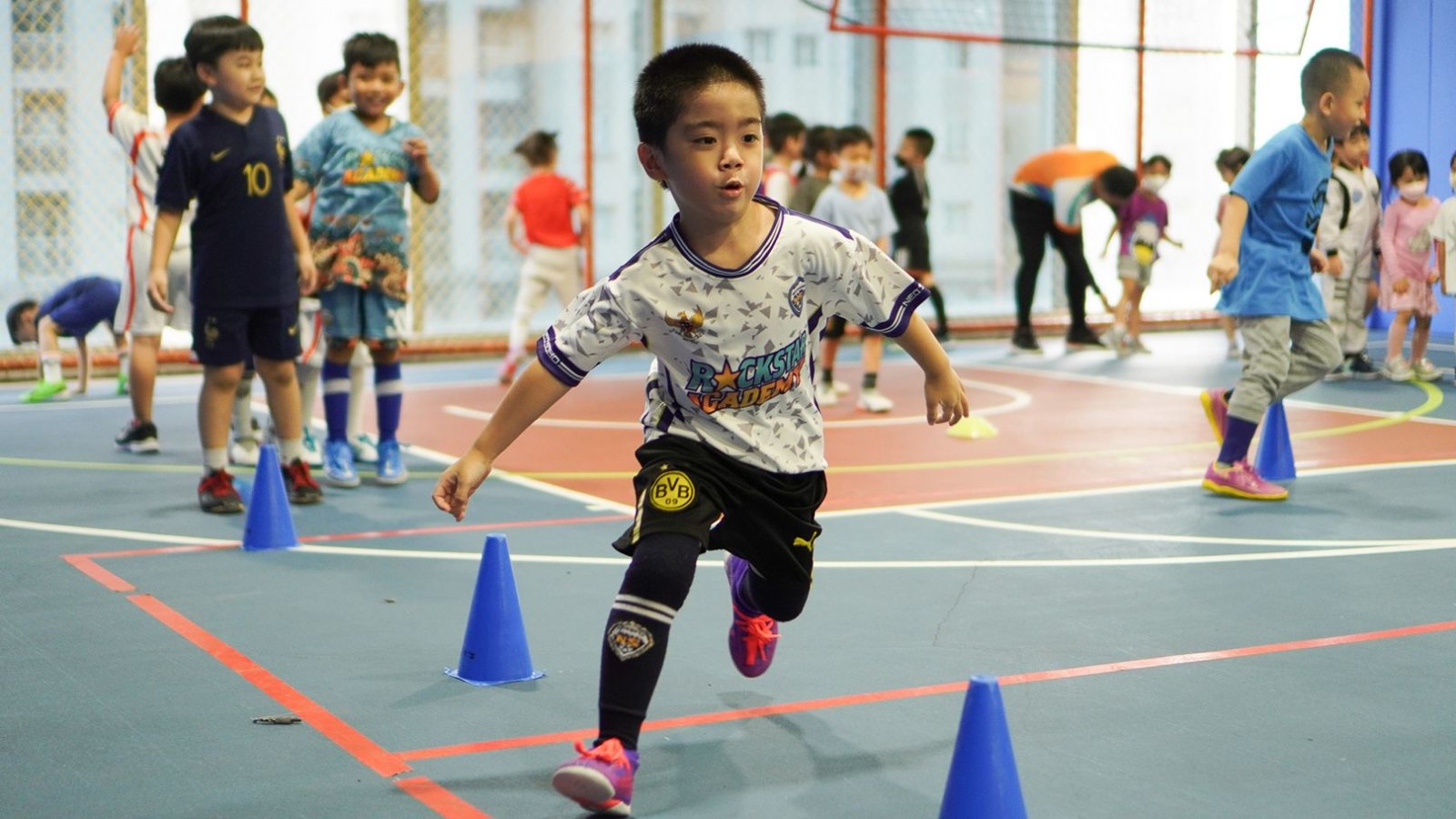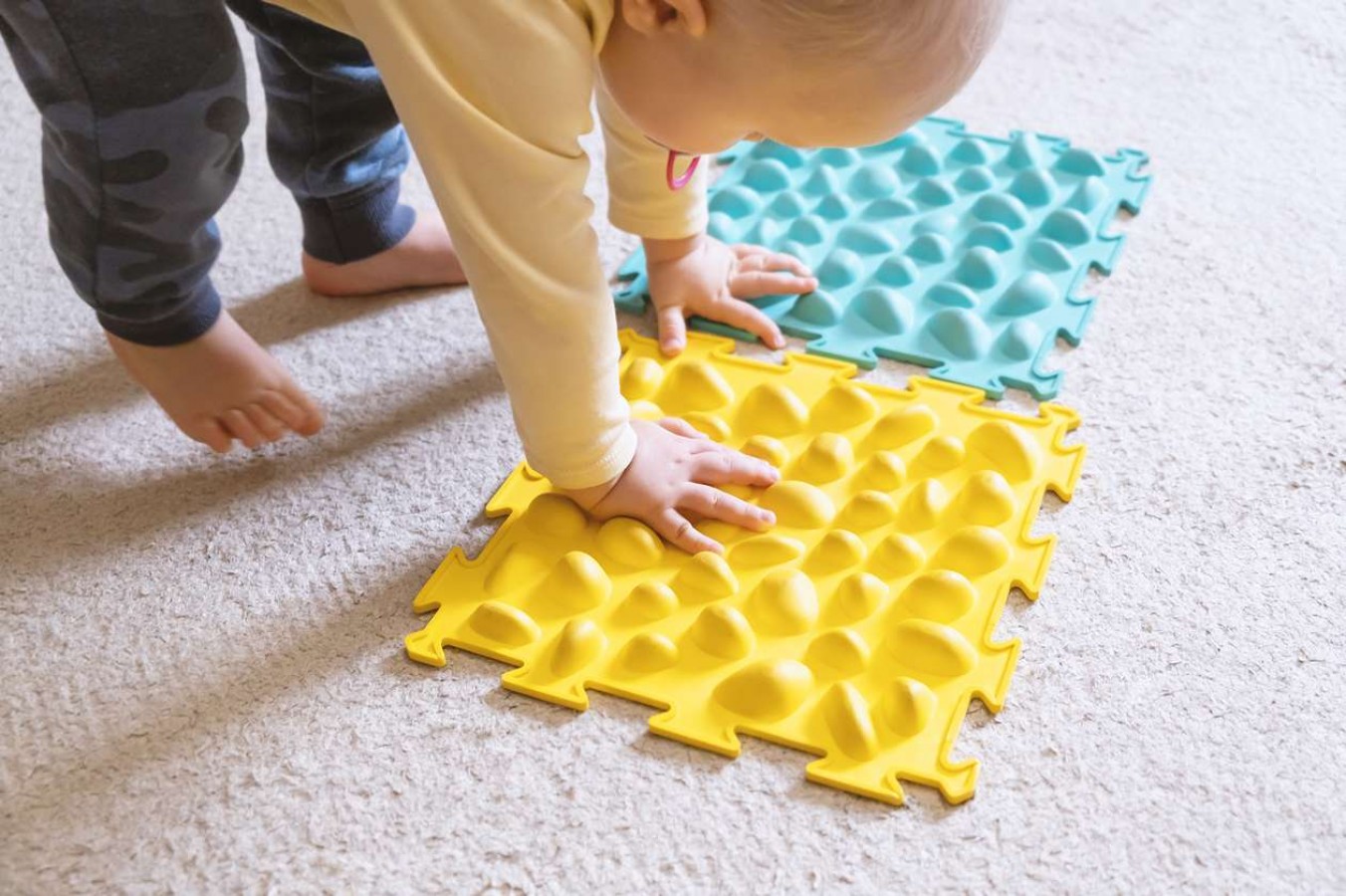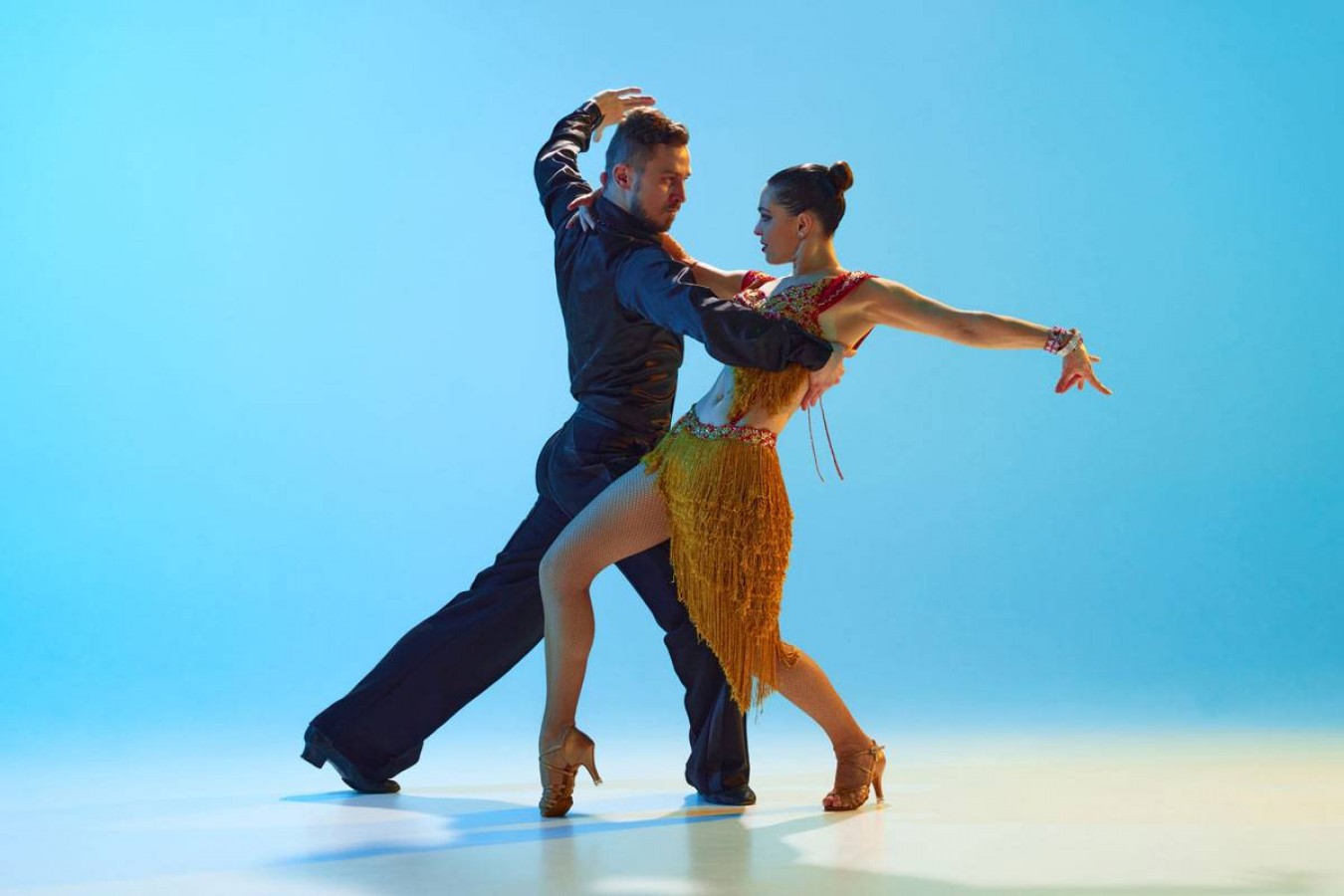Futsal Physical Training The Impact of Strength and Conditioning Workout

Futsal is a variant of soccer played on a smaller, hard court. It is a fast-paced game that requires players to have a high level of fitness, agility, and technical skill. For your information, physical training plays a crucial role in enhancing a futsal player's performance.
Without strong stamina and physique, playing futsal will become tired faster and drain a lot of energy. Therefore, this article delves into various types of futsal physical training, the benefits, and the results of such training for futsal players.
Types of Futsal Physical Training
Futsal physical training can be broadly categorized into strength training, conditioning, agility training, and flexibility exercises. Each type of training serves a unique purpose and contributes to the overall performance of a futsal player. Here it’s :
1. Strength Training
Strength training focuses on building muscle power and endurance. Key exercises include:
- Weight Lifting
Exercises such as squats, deadlifts, bench presses, and shoulder presses help in building overall muscle strength.
- Bodyweight Exercises
Push-ups, pull-ups, lunges, and planks enhance muscle strength without the need for equipment.
- Plyometrics
Jump squats, box jumps, and burpees improve explosive power, crucial for quick sprints and sudden changes in direction.
2. Conditioning
Conditioning exercises aim to improve cardiovascular endurance and overall stamina. These include:
- Interval Training
Alternating between high-intensity bursts and low-intensity recovery periods helps in building endurance and mimicking the stop-start nature of futsal.
- Continuous Running
Long-distance running at a steady pace improves cardiovascular fitness and endurance.
- Circuit Training
Combining different exercises in a circuit format helps in improving both strength and conditioning.
3. Agility Training
Agility training focuses on enhancing a player's ability to move quickly and change direction efficiently. Common agility exercises are:
- Ladder Drills
Running through a ladder laid on the ground improves foot speed and coordination.
- Cone Drills
Dribbling or running around cones set in various patterns helps in developing quick changes of direction.
- Shuttle Runs
Sprinting back and forth between two points improves speed and agility.
4. Flexibility Exercises
Flexibility exercises ensure that players maintain a full range of motion and reduce the risk of injury. These exercises include:
- Dynamic Stretching
Stretching movements performed with motion, such as leg swings and arm circles, warm up the muscles before intense activity.
- Static Stretching
Holding a stretch position for a period of time, such as touching toes or stretching the hamstrings, improves overall flexibility.
- Yoga and Pilates
These practices enhance flexibility, balance, and core strength.
Benefits of Physical Training for Futsal Players
Physical training offers a multitude of benefits for futsal players which impact their performance on multiple levels. By following the recommended exercises, players will feel a significant improvement when playing futsal later. Here’s other benefits:
A. Enhanced Performance
Physical training improves a player’s strength, speed, agility, and endurance. These attributes are critical in futsal, where quick sprints, sudden changes of direction, and sustained high-intensity play are the norm.
B. Injury Prevention
Strength and flexibility exercises help in building resilient muscles and joints, reducing the risk of injuries. Proper conditioning ensures that the body can handle the demands of the game without breaking down.
C. Improved Recovery
Conditioned athletes recover faster from intense physical activity. Enhanced cardiovascular fitness and muscle endurance reduce fatigue and speed up recovery times between games and training sessions.
D. Mental Toughness
Physical training also contributes to mental toughness. Pushing through challenging workouts builds resilience and a strong work ethic, which are vital during high-pressure game situations.
Results of Physical Training for Futsal Players
The results of dedicated physical training are evident in various aspects of a futsal player’s performance and overall health. After improving your physique and stamina, you can also focus on futsal drills, as skills must also be honed in addition to physicality. Here are other benefits of futsal physical training:
1. Increased Stamina
With improved conditioning, players can maintain a high level of performance throughout the entire game. It will reduce the likelihood of fatigue-induced errors.
2. Greater Speed and Agility
Strength and agility training result in faster sprinting and more efficient changes in direction. It also gives players a competitive edge during quick plays and defensive maneuvers.
3. Enhanced Ball Control
Stronger and more agile players can control the ball better, using their body effectively to shield the ball and execute precise movements.
4. Better Team Performance
When individual players improve their physical fitness, the overall team performance enhances. A team of well-conditioned athletes can execute strategies more effectively and maintain a higher pace of play.
Improve Your Physique With These Training!
Strength and conditioning workouts are indispensable for futsal players aiming to enhance their performance and reduce the risk of injuries. By incorporating a variety of physical training exercises, players can improve their strength and lead to better individual and team performance during competitions.
Before joining the competition, students are encouraged to be prepared and improve their skills in futsal class at Sports & Performing Arts Academy. Our futsal program has the best curriculum and instructors for you to improve futsal skills.
For a more fun experience, Rockstar Academy also held futsal competitions like Elite Championship. This competition is not just for the sake of winning, you will learn a lot as an individual futsal player and compete as a futsal team.
Rockstar Academy can be a place for kids to channel their hobbies with best-in-class facilities and instructors. Go sign-up for our trial class and experience it yourself, our fun and engaging futsal class!
FAQ
How often should a futsal player engage in strength and conditioning workouts?
Ideally, a futsal player should engage in strength and conditioning workouts 3-4 times a week, balancing it with skill training and rest days to avoid overtraining.
What is the best time to do strength training - before or after futsal practice?
Strength training is best done after futsal practice to ensure that players have maximum energy for technical and tactical training. Alternatively, it can be done on separate days.
Can younger players (under 16) participate in strength training?
Yes, younger players can participate in strength training, focusing on bodyweight exercises and proper form to build a foundation without the risk of injury.



